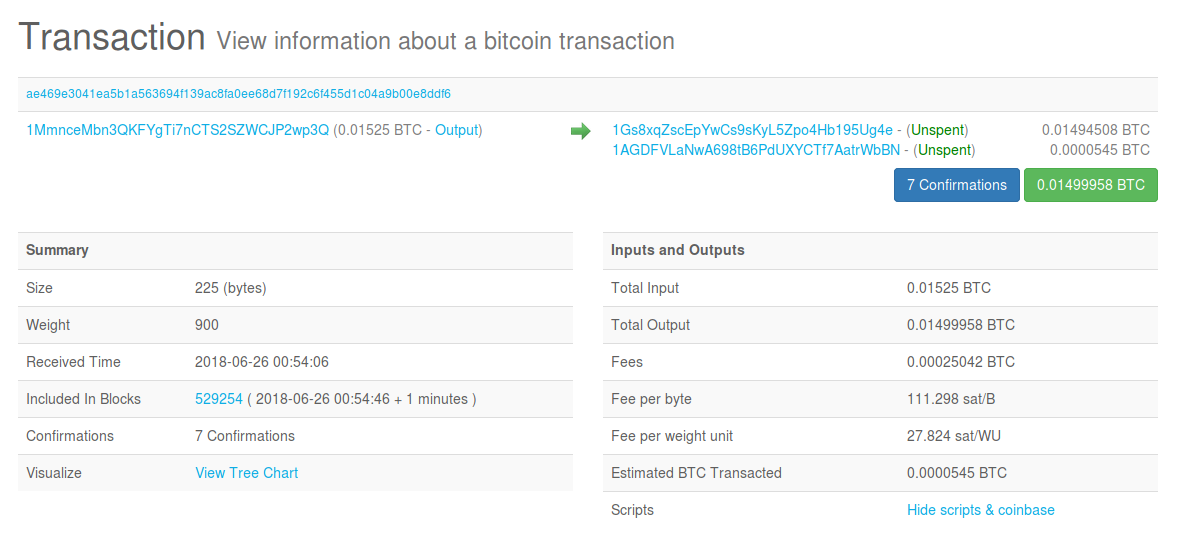

That’s still a lower rate than five of the seven income-tax brackets.īut cryptocurrency is volatile stuff. Pretty much everyone else gets a 15% rate, with the rate applying to incomes up to $445,850 for individuals and $501,600 for married couples filing jointly. A single filer making under $40,400 and a married couple making under $80,800 get a 0% rate.
/GettyImages-157619625-cb6f5f39492744a38aa0e03d843cccf5.jpg)
If the sale happens at least one year after the acquisition, that’s a long-term capital gain. That is taxed as ordinary income, which means it is lumped with other things like wages and taxed at a marginal rate corresponding to the bracket the taxpayer falls into. If a sale at a profit occurs within a year of purchase, the proceeds count as a short-term capital gain.

If value goes up and the owner sells at a profit, they’ll likely pay capital-gains tax. It’s helpful to remember tax rules that also apply on stocks. The IRS treats cryptocurrency as property. The basics on how the IRS views cryptocurrencies Here’s a primer on some tax-time issues when it comes to cryptocurrency. Some transactions can spur multiple tax events at once, but tax professionals have scant IRS guidance to work off, he said. “It can be super, super easy, or it can be insanely complicated,” said Matt Metras of MDM Financial Services in Rochester, N.Y.

As more people eye cryptocurrencies, more people have to face up to the tax rules at play. Last week, bitcoin hit an aggregate value above $1 trillion. While common sense says it should be perfectly fine to answer “No” based on the FAQ, as a tax litigator who defends clients in civil and criminal tax disputes with the IRS, I’ll advise my clients who bought but did not sell crypto to answer yes, unless there is a compelling non-tax reason not to.So much so that it has tweaked the first page of Form 1040 - the main piece of income-tax paperwork taxpayers file yearly - to ask taxpayers if they’ve received, sold, sent, exchanged “or otherwise acquire any financial interest in any virtual currency?” A “yes” could mean more taxes, but not necessarily, tax experts told MarketWatch.Ĭryptocurrencies keep achieving a progressively higher profile.
Currency transaction report bitcoin professional#
Even if a taxpayer is later vindicated, simply going through an IRS civil or criminal exam can be costly in time, emotional distress, and money on professional fees. And for that matter, so will the Department of Justice, Tax Division. Even if no tax is due in year 2020, if a taxpayer answers no in 2020 based on the FAQ but then does not file a tax return for 2021, or files a tax return that omits a crypto transaction, rest assured that the IRS will argue that answering no in 2020 was evidence of intent to conceal the crypto. Simply purchasing virtual currency does not create a taxable event. Second, answering no to the question when the actual answer is yes based on the FAQ or instructions to the 1040, while technically correct, could lead to adverse consequences. that the provisions of the are directory rather than mandatory, are not codified regulations, and clearly do not have the force and effect of law.”). They do not have the force and effect of law,’” quoting United States v. 1996) (noting that he provisions of the manual, however, only ‘govern the internal affairs of the Internal Revenue Service.
Currency transaction report bitcoin manual#
2006) (noting that “e Internal Revenue Manual does not have the force of law and does not confer rights on taxpayers”) Valen Mfg. provisions “do not have the force of law”) Fargo v. 209, 221 (2015) (noting that “it is beyond cavil” that I.R.M. But there is an abundance of caselaw that says taxpayers don’t have “rights” based on them and can’t try to enforce them. The IRS is allowed to and does publish guidance in the form of FAQs and the Internal Revenue Manual to assist taxpayers (and Revenue Agents) in navigating the web of tax law. First, informal IRS guidance such as FAQs - and even the Internal Revenue Manual - can’t be relied on by taxpayers.


 0 kommentar(er)
0 kommentar(er)
